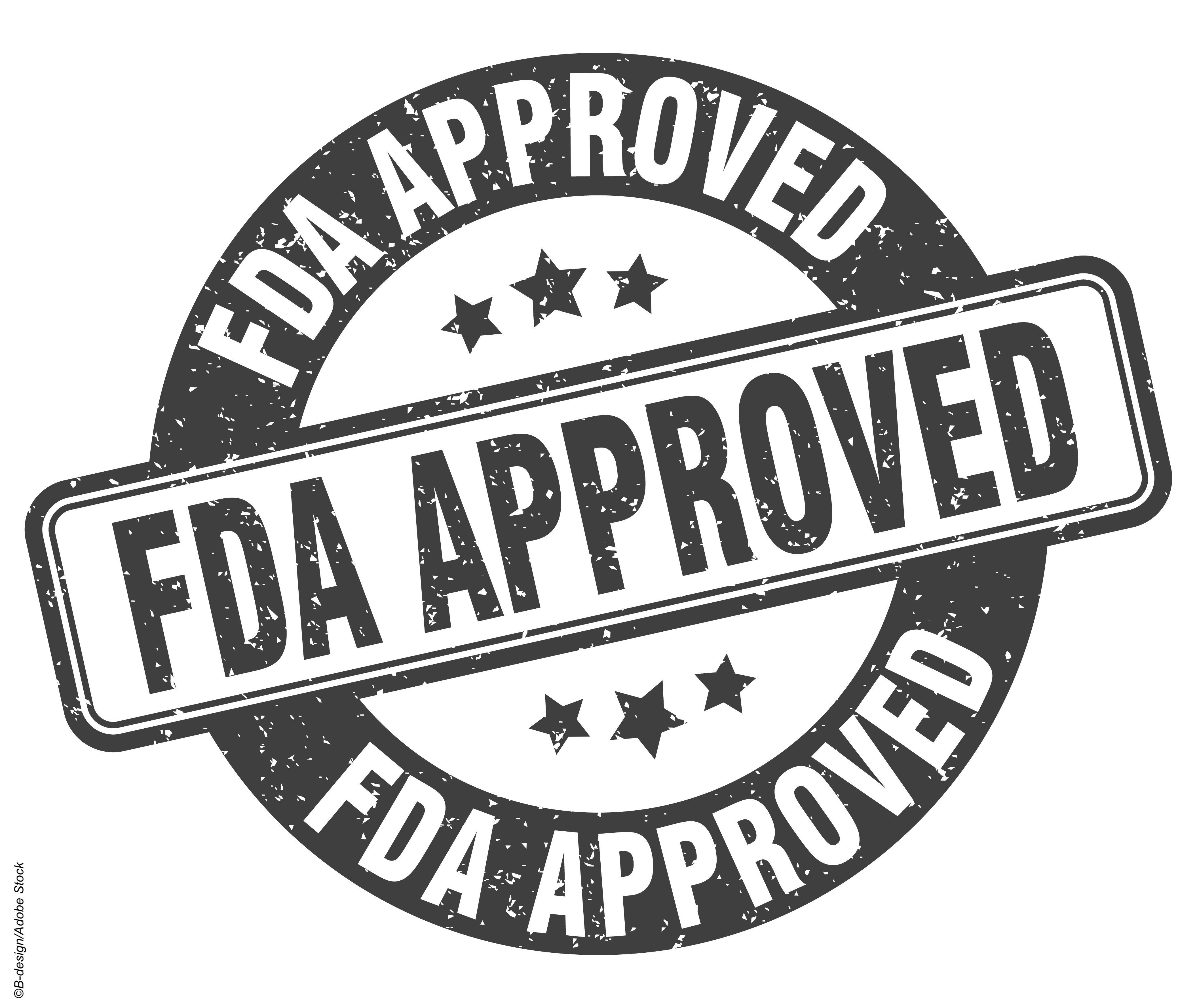FDA Grants Accelerated Approval to Tovorafenib for Pediatric R/R BRAF-Altered Low-Grade Glioma
Approval is first for systemic therapy for pediatric patients
04/24/2024
Scott Baltic, Contributing Writer, BreakingMED

The FDA granted accelerated approval to tovorafenib for patients 6 months of age and older with relapsed or refractory pediatric low-grade glioma (LGG) harboring a BRAF fusion or rearrangement, or BRAF V600 mutation.
The agency noted that this is its first approval of a systemic therapy for the treatment of patients with pediatric LGG with BRAF rearrangements.
Tovorafenib is an oral, brain-penetrant, highly selective type II RAF kinase inhibitor designed to target a key enzyme in the MAPK signaling pathway.
Its efficacy was assessed in a multicenter, open-label, single-arm trial (NCT04775485) in 76 patients with relapsed or refractory pediatric LGG harboring an activating BRAF alteration who had received at least one line of prior systemic therapy. For study inclusion, patients were required to have documented evidence of radiographic progression and at least one measurable lesion. Exclusion criteria were the presence of tumors harboring additional activating molecular alterations (such as IDH1/2 or FGFR mutations) or a known or suspected diagnosis of neurofibromatosis type 1.
Tovorafenib dosage was based on body surface area (BSA) (range: 290 to 476 mg/m2, up to a maximum dose of 600 mg) once weekly until disease progression or unacceptable toxicity.
Overall response rate (ORR)—defined as the proportion of patients with complete, partial, or minor response by blinded independent central review based on Response Assessment in Pediatric Neuro-Oncology Low-Grade Glioma (RAPNO-LGG) criteria—was 51% (95% CI, 40-63), and the median duration of response was 13.8 months (95% CI, 11.3-not estimable).
The most common adverse reactions (seen in 30% or more of patients) included rash, hair color changes, fatigue, viral infection, vomiting, headache, hemorrhage, pyrexia, dry skin, constipation, nausea, dermatitis acneiform, and upper respiratory tract infection. The most common Grade 3 or 4 laboratory abnormalities (seen in 2% or more of patients) were decreased phosphate, decreased hemoglobin, increased creatinine phosphokinase, increased alanine aminotransferase, decreased albumin, decreased lymphocytes, decreased leukocytes, increased aspartate aminotransferase, decreased potassium, and decreased sodium.
Tovorafenib is available as an immediate release tablet or as an oral suspension.
The recommended tovorafenib dose based on BSA is 380 mg/m2 orally once weekly with or without food until disease progression or intolerable toxicity. The maximum recommended dosage is 600 mg orally once weekly, and a recommended dosage for patients with BSA less than 0.3 m2 has not been established.
Full prescribing information will be available here.
This application was granted Accelerated Approval. Continued approval may be contingent on clinical benefit being verified in confirmatory trials.
The application was also granted Priority Review and Breakthrough and Orphan Drug designations.
Tovorafenib is marketed by Day One Biopharmaceuticals Inc. as Ojemda.